|
#theworldneedsmorepoetry Welcome, Marcia. I’m so happy and excited that you agreed to this interview. Thank you for joining us and for sharing a couple of your beautiful poems, which follow this interview. You have given hope, love, and inspiration to so many online fans. Personally, I watch eagerly for your tweets. They almost always make me smile. For that, I offer still more thanks. I also happen to enjoy poetry and absolutely loved your book Whirlwind of Mosaic Pieces. I rarely read a book of poetry straight through from beginning to end. It seems somehow counter-intuitive to me. Is that strange? But that’s how I read your collection of poems. To be clear, each chapter can certainly be read on its own. Each poem inspires a reader to return to it as needed. But as a whole, the book flows seamlessly and with all the emotions. The poems grabbed me and wouldn't let go. Congratulations on a magnificent yet relatable work of art. Thank you, so much, for your beautiful introduction and heartfelt words. You can’t see me at this point, but I’m blushing… I’m honored that you’ve taken the time to support and share my work. I’m thrilled that Whirlwind of Mosaic Pieces was a collection that enthralled you enough that you wanted to read it “cover-to-cover”. That was one of my hopes in creating the collection: that it would be gripping enough for the reader — whether a true poetry fan or not — to find some merit, relevance, and relatability in it. Whirlwind… was always meant to tell an overall tale, but each poem, itself, was always designed to be its own self-contained story. I crafted it to be a collection for the casual browser, as well as, for the in-depth reader. So, again, it’s a true honor that it engaged you tremendously. It certainly did engage me. Even though, from having read your book, I feel I already know you, won’t you please tell us a little about yourself? I would describe myself as a “city girl with Southern charm”. I’m also an introvert who loves to people watch. I came from a background where one spoke to the neighbors and fellowshipped among the community. My “Good Morning” tweets are an homage to that spirit where one speaks to and greets the neighbors with a hearty, “hello”. Creatively, ever since I wrote my first poem at six, I’ve called myself a poet. At times, I believe I live and ruminate in my own head far too much. {LOL} I can spend hours reading a book, then spend days chatting about it. I’m a true film nerd and an immense music aficionado. I, also, classify myself as a hippie with a bohemian soul. I come from an artistic family, though none of them formally pursued this craft. Even though Whirlwind is my first collection of poems, I’ve been a story teller my entire life. And how about Jane? Jane is an amalgamation of many women—both real and imagined. She embodies all of the following traits: grit, steel, vulnerability, passion, innocence, survival, and naïveté that many women possess or are expected to possess in order to survive the day-to-day operations known as the cycle of life. She’s my family, my “sister-girl”, my “warrior princess”, my “hopeful romantic”, my “tender-hearted soul” and my “powerhouse”. She represents all of those women who’ve inspired, influenced, and shaped me. And, yes… She’s me, at times. Jane is that aspect of self that will continue to rise no matter how many times she’s been knocked down. Jane will continue to believe — no matter how many times she’s been given doubt. She will continue to pursue because there are still more days left on the calendar. Whirlwind... is so raw, so real, so beautiful. Will you share a little about your process in writing it? I never formally sat down to write Whirlwind of Mosaic Pieces. Busy with chores and life and other such matters, I always complained that I didn’t have time to sit down to WRITE-write. But, always there would be some social issue, or occurrence, or bout of inspiration that would pull me closer to my pen. The pen has always served as therapy for all that my soul wasn’t able to process. So, I started to write a screenplay, short story, or poem, here and there, and would place it in a large binder, which I always vowed to address later. Then a year passed. Then, two… Then, ten. Twenty-twenty hit us all like a Mack-truck and my soul was anxious and my mind was racing… Many seemed to reach for creativity. The online presence was bursting with artistic expression. I looked at the numerous, beautiful works and was inspired. Though a turbulent time, my artistic soul was eager and optimist, again… I was finally ready to share. Even through the more painful chapters or poems, I sense a deep hope in Jane, even if it's tinted in rebellion. Is that because I am aware of your inspiring online presence or because it’s something irrepressible in you, even in your darkest moments? Great observation! There is a sense of rebellion in Jane—even at times if it’s a quiet storm. I see her as a powerhouse who has used her voice and her silence as a survival tactic and a coping mechanism. Maybe it comes from the hardships she’s had to endure. Paraphrasing an old adage, diamonds only shine and are only strong due to the pressure exerted onto them. It was necessary for the painful moments to be explored and included because I always insisted that she be presented as a well-rounded “character”. In those moments when she was a “fool for love”, she still demonstrated her optimism in receiving love. In those moments when work-life stress seemed to want to break her spirit, she still demonstrated how she managed to thrive and survive. In those moments when she feels utterly alone, she is always reminded that in her silence she has the pen that can help tell her tale. And, I can relate to that because for me, in those dark moments, I am always reminded of the simple, but powerful words my grandmother and mother would state: “This too, shall pass…” I’m imagining there are so many more poems. Was it hard to decide what to cut and what to keep? Or am I mistaken? Organizing the poetry in the collection was the most fascinating process. As many writers probably do, I tend to write daily — even if it’s a couple of haikus — so I’ve accumulated hundreds of poems that have spanned many years: probably more, but I haven’t catalogued them all, yet. For this inaugural collection, however, I wanted to tell a specific story, or several stories within a story. So, I needed those poems that contained that certain “Jane voice”. I was conscious of which poems spoke of heart-break, or family turbulence, or work-woes, and I leaned into poems that had their own individual flare. I wanted the poems to visually differ as well as feel as if they embody a different tone. Sorrow is sorrow, but how one describes it can feel different. So, I strove to ensure that all poems that dealt with sorrow felt unique to that time, place [in her life] and circumstance. Some poems were eliminated because they didn’t adequately enhance the story, or didn’t match her point of view. This is a profound and yet personal body of work. Now that it’s out there, what would you hope readers gather/understand from it? That’s a great, but tough question. {LOL} As a writer, I always want readers to generate their own impressions of my work. Coming from a teaching background, I always wanted my students to feel a sense of connection and relevance to the work studied. As a writer, ultimately, I’d like for readers to appreciate Jane’s journey and to be able, no matter their individual circumstance, to relate, appreciate, and applaud the steps that she had to take to her happiness. Being a warrior doesn’t mean that you aren’t vulnerable and frightened. Being a leader doesn’t mean that sometimes you can't feel “led astray”. Being joyful doesn’t mean that you don’t, oftentimes, experience sad times. I’d like for readers to appreciate the beauty in her ordinary. Jane is vulnerable, and doubtful, and introspective. She was a survivor when she finally let go of certain toxic relationships. Sometimes, the fight is holding on; sometimes it’s in the letting go. Though Whirlwind of Mosaic Pieces is written from a specific point-of-view and Jane came from a specific social-economic life-style, her individual experience is reflective of many people who don’t have the courage to speak and share their experiences out loud, yet. Finally, I hope readers can appreciate the beauty in life’s journey—no matter the whirlwinds. And does that differ from your intention while writing it? Did your intentions change? My intention while writing is always to tell a *good* story. That’s subjective, I know. However, I write stories, poems, and screenplays that I’d want to see/read. My intention is for readers to appreciate the poetic art form, to see that poetry can be diverse, speak hard truths, be poignant, beautiful, and relatable. I always keep in the back of my mind students who brushed off poetry because they deemed it archaic and “out-of-touch”. Once they saw that poetry could take all forms and styles [including modern art forms such as spoken word and rap], many became hooked. In the back of my mind, I will consider marketability and audience, but my driving force is always to start with a great story, or in this case, series of poems. Do you have a favorite poem or chapter in the collection? Or would that be impossible? You’re correct: it is impossible. {Lol} They all tell a story of where I was at a certain point. So, my favorite poem from the collection tends to ebb and flow and vary depending on my mood. I do like the reaction I’ve gotten from certain poems, such as when I read “Dedication” to my parents. Of course, they are my backbone and have heard my poetry and other writings throughout my writing journey, but as they expressed it at the time: “that one struck differently”. Overall, the chapters “Healing”, “Overcoming”, and “Fulfillment” always get me emotional. Though the poems relating to my grandmother: “Buttered Biscuits and Syrup, Homemade” and “Sunset” always bring a tear to my eye. Now that Whirlwind of Mosaic Pieces is finished, do you feel your writing process has changed or will do so? Once I got the first book off my chest, mine did. No, I don’t think my writing process, overall, will change. I think I’ll always write for myself as I’ll always see myself as the first audience. If I don’t like a scene, poem, etc., I pivot quickly, edit and start anew. I’m not a speedy author, but a daily writer. So, my work may take longer to release. However, I’m happy with that. I think what worked well with this collection is that, at first, I wasn’t under some strict timeline and I allowed my Muses {Yes, I really do believe in them. LOL} to determine when the best time was to write. I never force myself with a wagging, as if chastising finger: “You must write a sad scene today”. {LOL} So, what that day inspires is the story {or poem} that gets told. Somewhere in the back of my mind, I consider the marketability and the difference between the general audience and the specific one, but I think, as I’ve mentioned before, for me, telling a sound story is my primary goal. Have you consciously moved on to the next project? If so, care to share? We can keep a secret. Yes, and no… I’m always working on new material and have been working on revising a spec script and am also working on my first novel. Whirlwind…, and the story of Jane, however, continues to pull my attention and I’d like to create an audio version of the collection at some point. Any words of wisdom for a struggling creative? How about for poets in particular? I think my *advice* for artists would be to follow your passion and pursue your artistry with intense fervor. As much as you can, try to eliminate self-doubt and surround yourself with supportive individuals. Also, learn to pivot quickly. I’ve had many doors closed and many rejections and “no responses”, but that didn’t stop me from writing. Being a writer means writing. Will I publish all of my work? No. Sometimes, I write for myself; other times, it’s for others… Also, network. Other creatives are not your competition, but instead are your greatest ally. I ask questions and allow other poets/artists to serve as my mentor. For poets specifically: never be afraid to take chances, promote your work in unique spaces, and share your work any chance you get. Poetry is not a dying art form. Don’t be afraid to shine your light. Lastly, Marcia Lynn Paul, to you, what is poetry? For me, poetry is taking the ordinary and reformatting it to appear extraordinary. It’s finding a new way to see the known. It’s experiencing the universe through a child’s eyes. It can be rhythmic and bluesy, or poignant and morose. The art of poetry is, sometimes, translating a tome into a haiku. For many, it’s therapy; while for some, a great vehicle to express love or social reform, and finally for others simply a great way to describe a sunset. Finally, I’d like to take the time to thank my editor and advisor Patricia Brookins for her hard work and diligence as well as PJ Maxwell for his artistry and encouragement. Their assistance and support has been invaluable. 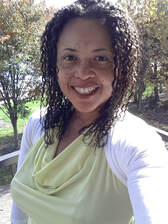 Marcia Lynn Paul has been writing poetry and other works since she was six. At nine, her first poem, Pacer Proud, won the state Peanut Butter Press Contest for her age group/division. Majoring in Slavic Languages & Literature and receiving her Master’s degree in Secondary Education, she spent over a decade teaching English, writing and Language Arts at the middle and high school levels. Currently, she’s working on several works, including a screenplay, a drama, and a romantic comedy. A selection of her poetry can be seen on her YouTube channel: Marcia Lynn Paul. Her spirit animal is the tortoise, her favorite weekday is Tuesday, and her favorite color is cobalt blue. She hopes to someday retire somewhere near the ocean and dreams of owning a “brick and mortar” bookstore. Whirlwind of Mosaic Pieces is her first collection of poems. https://twitter.com/MarciaLynnPaul1 Excerpts from Whirlwind of Mosaic Pieces GEPPETO’S POPPET Strings attached. Discombobulated mixture of who I am and who they expect me to be. Introverted wild child crafted and packaged to be somebody… But, wanting to be somebody… else. The strings tug too tight, too taut to just be a boy, a man, a woman — somebody other than the symbol of what you did right. The strings, attached, tug too taut, too tight to detach and take flight and be somebody other than what the blueprints in your mind said I was supposed to be. Papa’s dream; mama’s gleam… Poppet’s fantasies trapped in dreamland. Left hand this way; right hand that way. Everything crafted organized, planned. left hand this way; right hand that way, Puppeteers preparations always preplanned. Marionette Masterpiece-- discombobulated mixture of who I am and who they expect me to be. Left foot this way; right foot that way… Crafted and packaged to be somebody. But, wanting to be somebody who’s… real. THE IRONY OF THIS POEM Poems, I think, should not solely live in books. On stuffy, dusty counters, or tucked away in some library nook. They should turn cartwheels with four year olds and sing sonnets with lovers, comfort those left behind when loved ones make their final journey, entice babies to sleep and cause the non-sentimental to weep ‘cause the words moved him and touched his spirit. They should keep time with the Double Dutch girls, help me make some sense of this world and give him an opening line to meet her. They shouldn’t be crowded between this page and that page, somewhere stuck between this story and that essay, as if uncertain like the middle child, Jan Brady. Poems should make noise about rainbows, comment, slyly, about love and woe and tell you how phenomenal your hips are. They should make you giggle at the absurd, make some sense of the unheard and marvel at the artistry of cartwheels. They should sing, happily, with songstresses and lament, tragically, with the blues. Rap about the nonsense and the necessary. Jive and rhyme with pastors and scoundrels: amuse, confuse, diffuse and enthuse… They should be chanted when Afro Puffs and Pigtails perform hand jives and hopscotch and inspire you, humbly, when love’s labor, you did botch. They should make the youth wise, the aged young, again, the middle-aged hipsters just happy to be there, while still conning sleepy infants, quietly, to sleep. Poems, I think, should not live in books with spines bound and elaborate dust covers. They should whirl and gust through sequoia trees, soar from flower to flower like honey bees, marvel at the wizardry of the Grand Canyon and amaze at the wonders of 1940’s Harlem, encourage three year olds to skip and jump, remind us, all, to be fierce, calm, vulnerable and strong and, finally, give him an opening line to meet her. Available at Amazon.
0 Comments
Leave a Reply. |
A Little of This, a Little of ThatKeep me away from the wisdom that does not cry, the philosophy that does not laugh, and the greatness which does not bow before children. – Gibran Khalil Gibran Archives
April 2024
Categories
All
NewsletterFrom me to you with a smile. Thank you!You have successfully joined our subscriber list. |
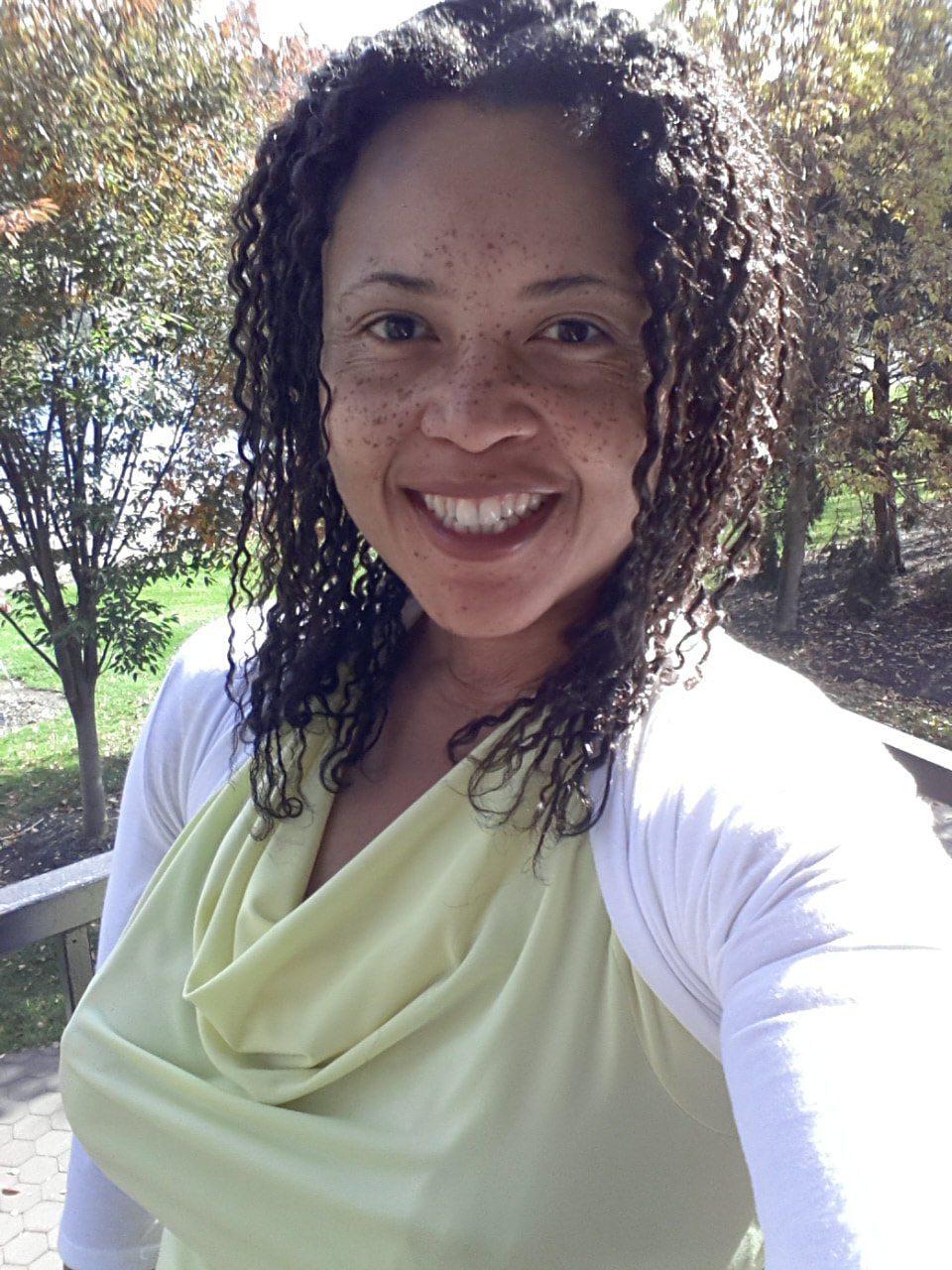
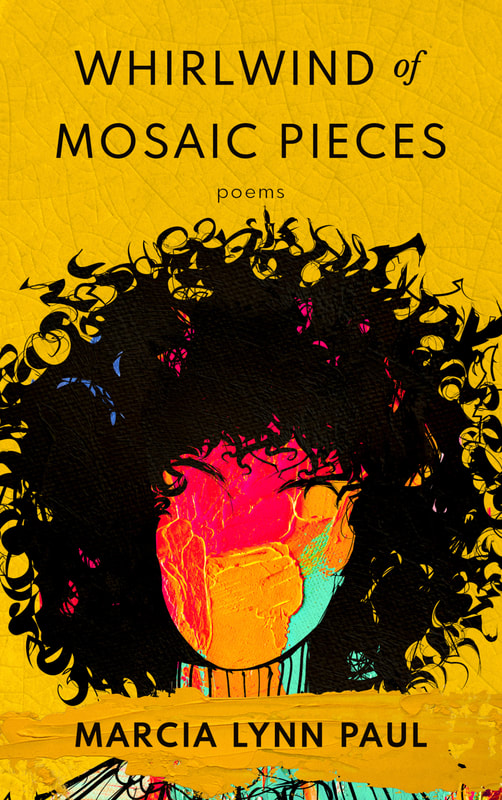
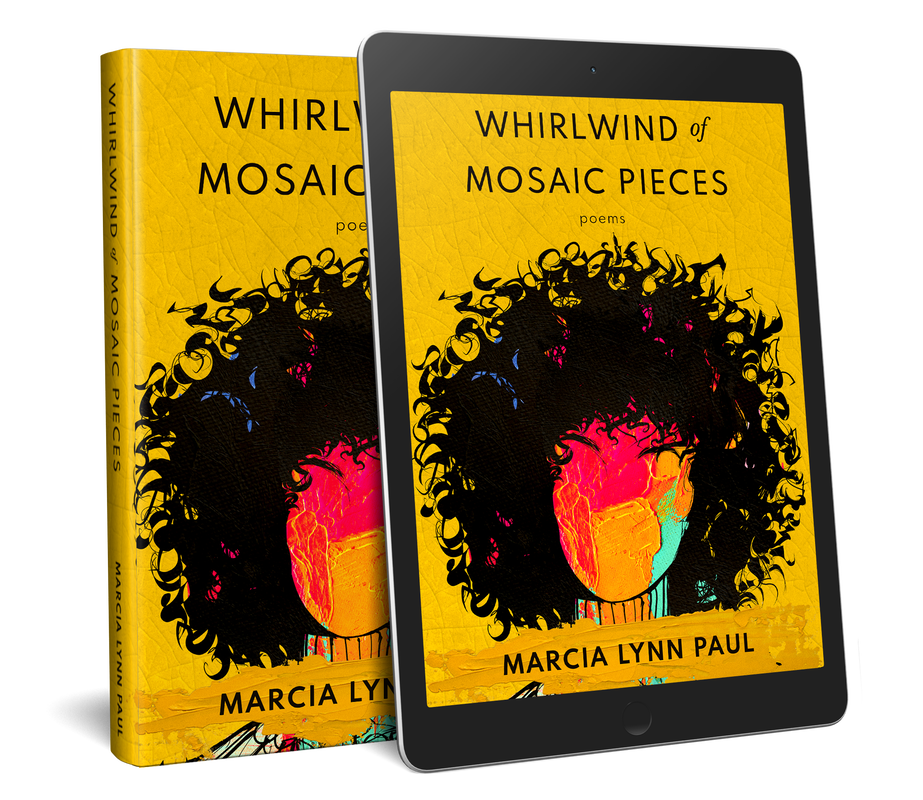
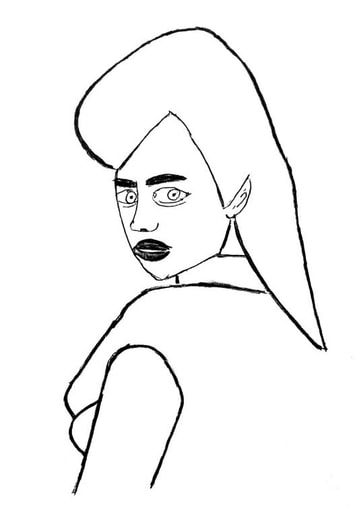
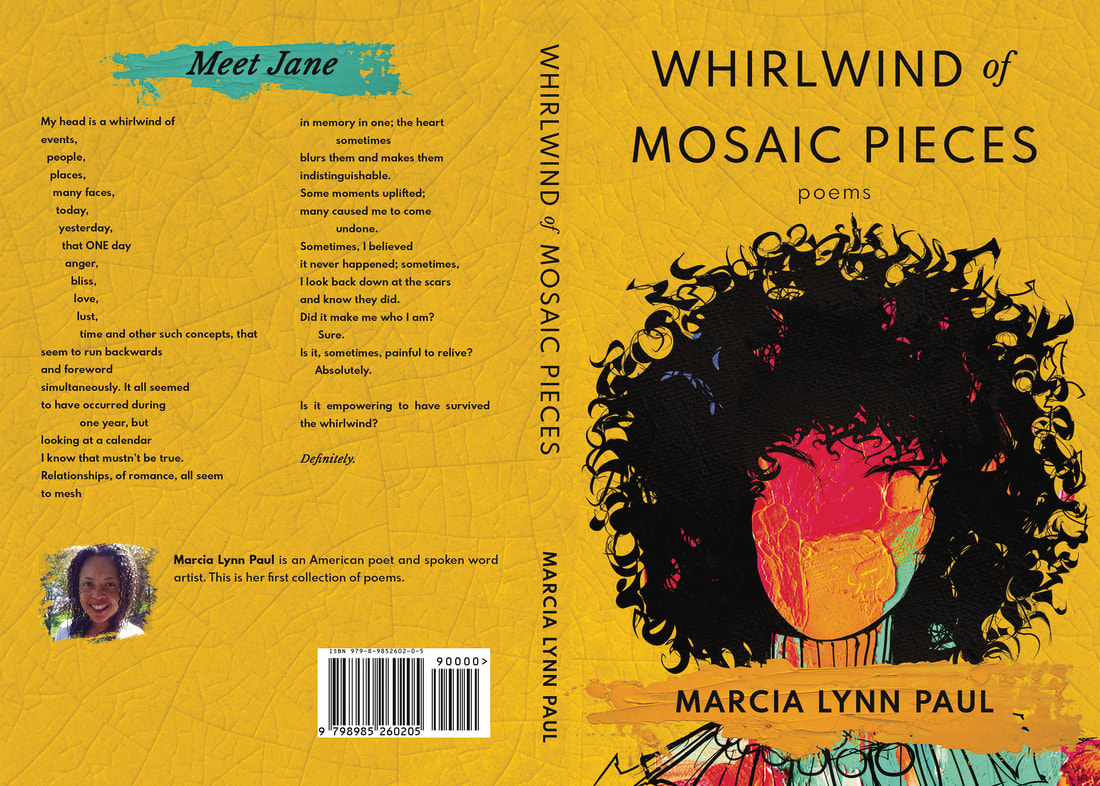
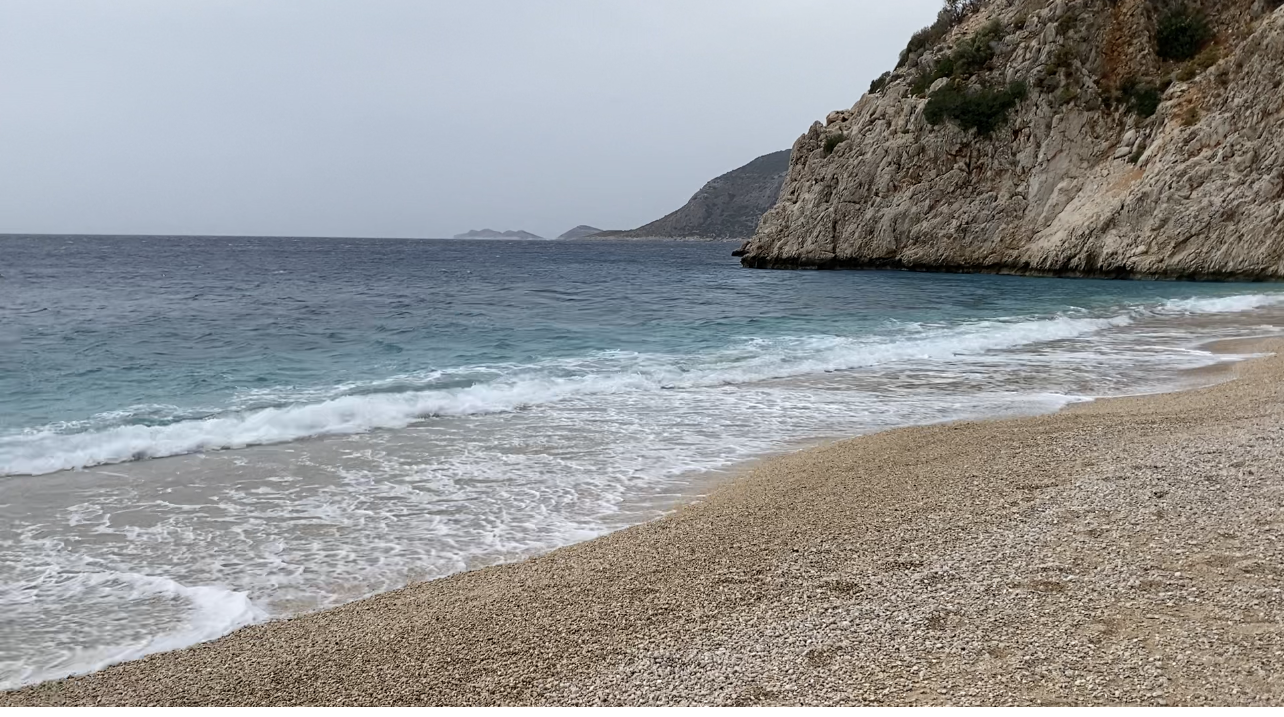
 RSS Feed
RSS Feed